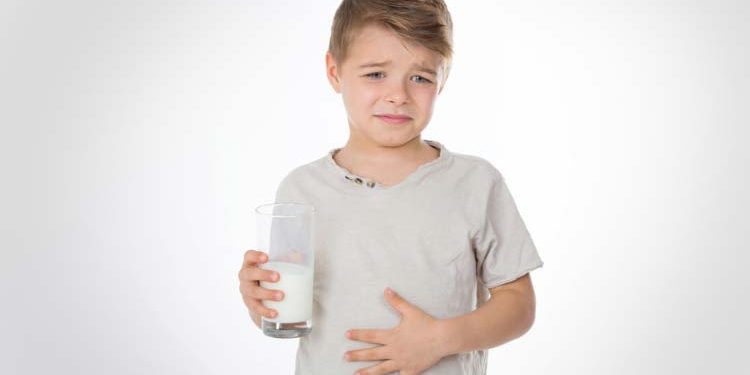This disease is increasingly common in adults. It results from a decrease or absence of an enzyme needed to metabolize lactose (sugar found in milk and other milk products).
If there is damage in the small intestine, it can produce less enzyme lactase, which causes intolerance to lactose. There may be damage to the small intestine
- diseases such as celiac disease and Crohn’s disease
- infections
- surgery
- injuries
What are the symptoms of lactose intolerance?
If you have lactose intolerance, you may feel discomfort after eating or drinking milk and milk products.
I could also have
- colic or abdominal pain, the area between the chest and the hips
- swelling or distension in the abdomen
- gases
- diarrhea
- sickness
Certain conditions can cause the same symptoms. If you have these symptoms after eating or drinking milk or milk products, consult your doctor.
How can I get the calcium my body needs?
Milk and milk products are the most common sources of calcium. Calcium is a mineral that the body needs to have strong bones and teeth. If you are lactose intolerant, be sure to get enough calcium every day.
Other foods that contain calcium are
- canned salmon or sardines with bones
- broccoli and other green leafy vegetables
- the oranges
- almonds, Brazil nuts and dry beans
- soy milk and tofu
- products with added calcium, such as orange juice
To absorb calcium, your body needs vitamin D. Be sure to eat foods that contain vitamin D, such as eggs, liver and certain types of fish such as salmon and tuna. In addition, receiving enough sun helps the body produce vitamin D.
